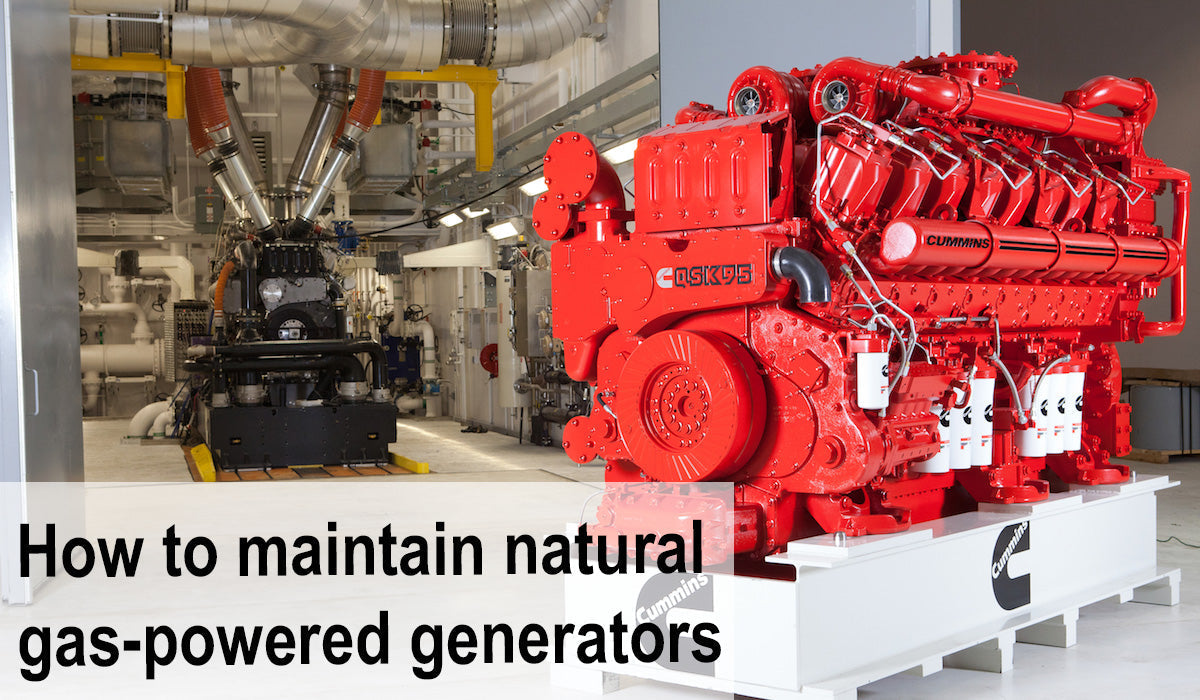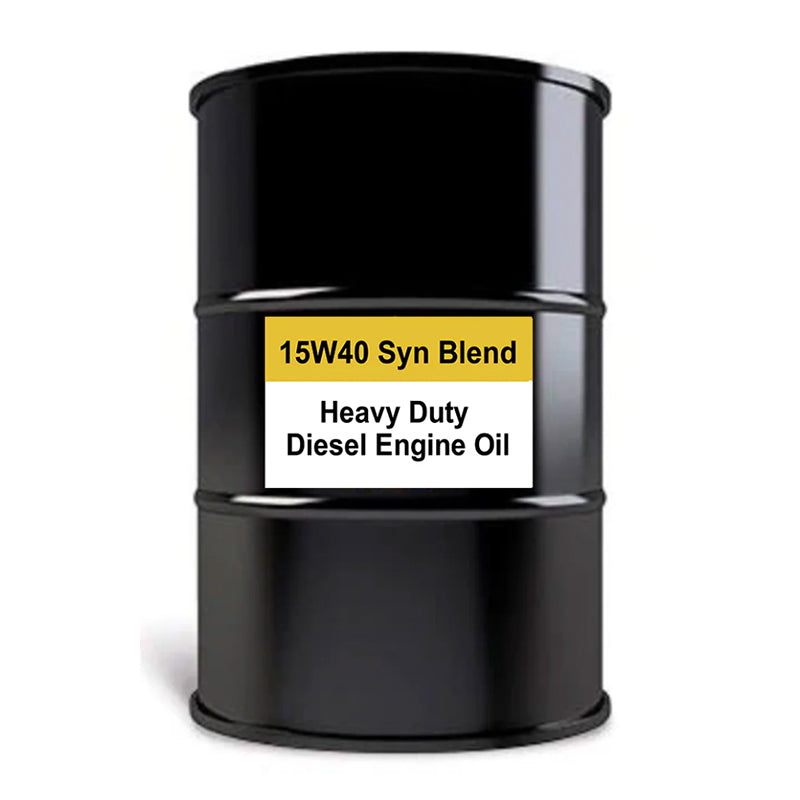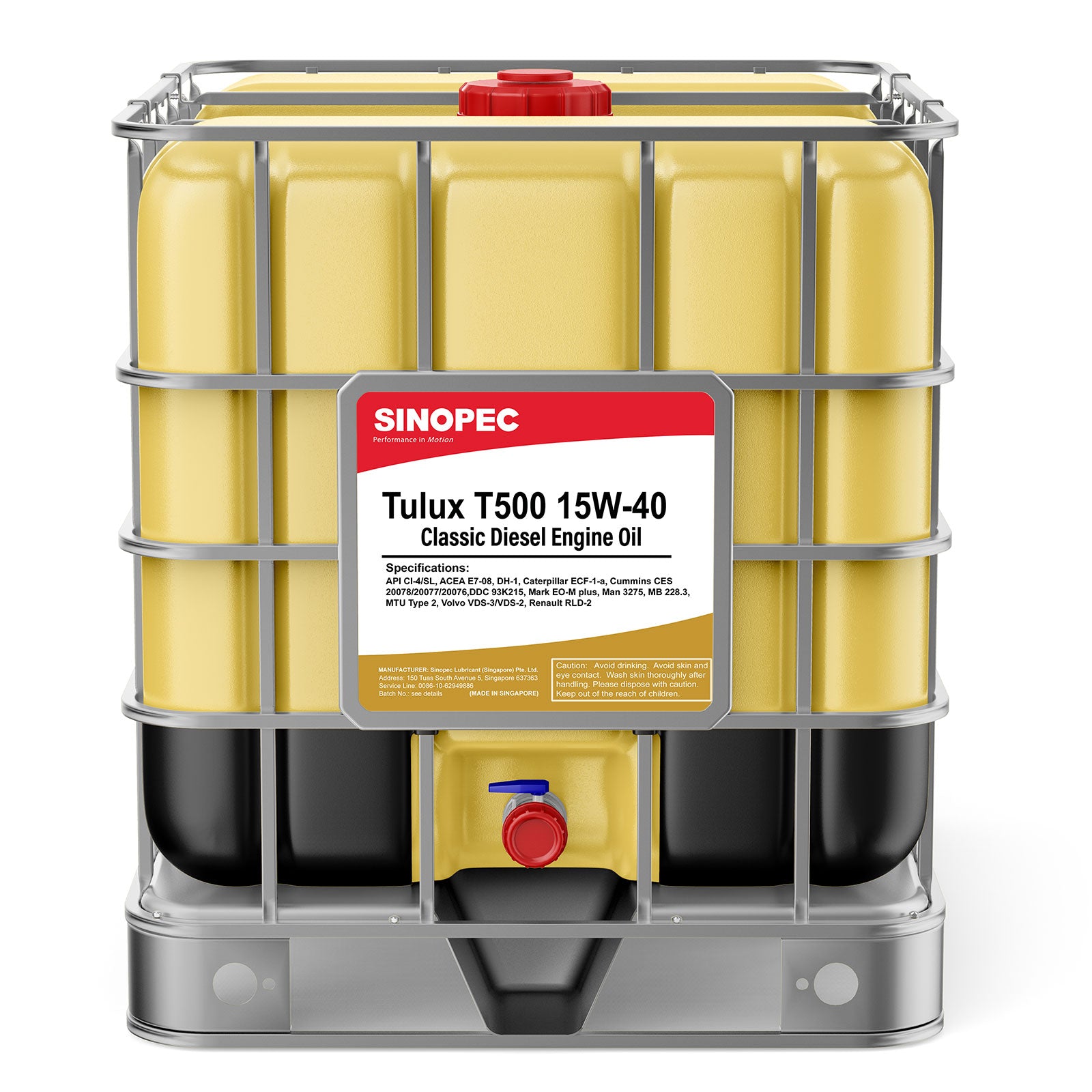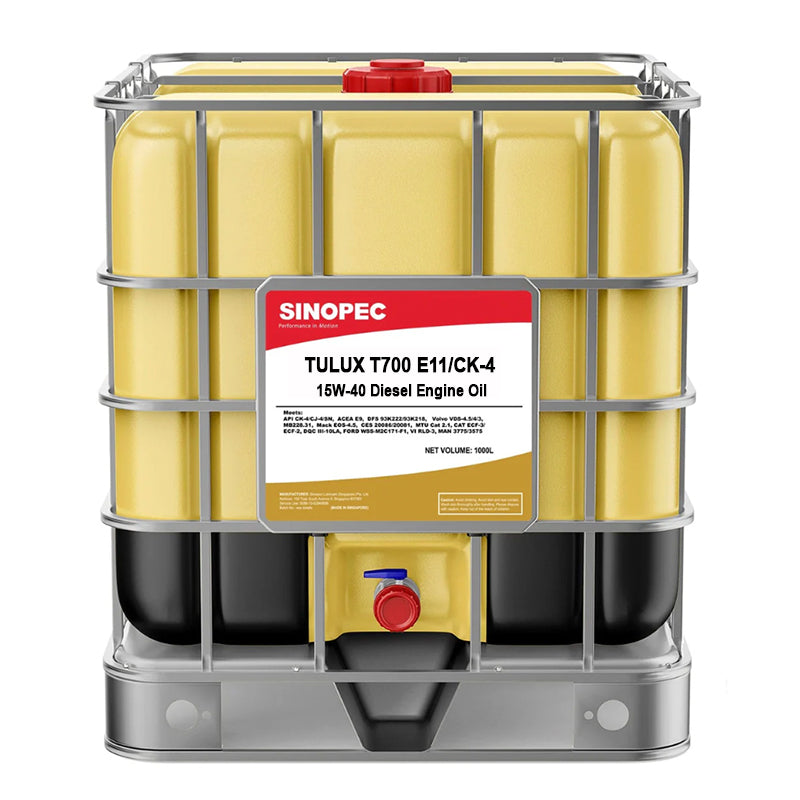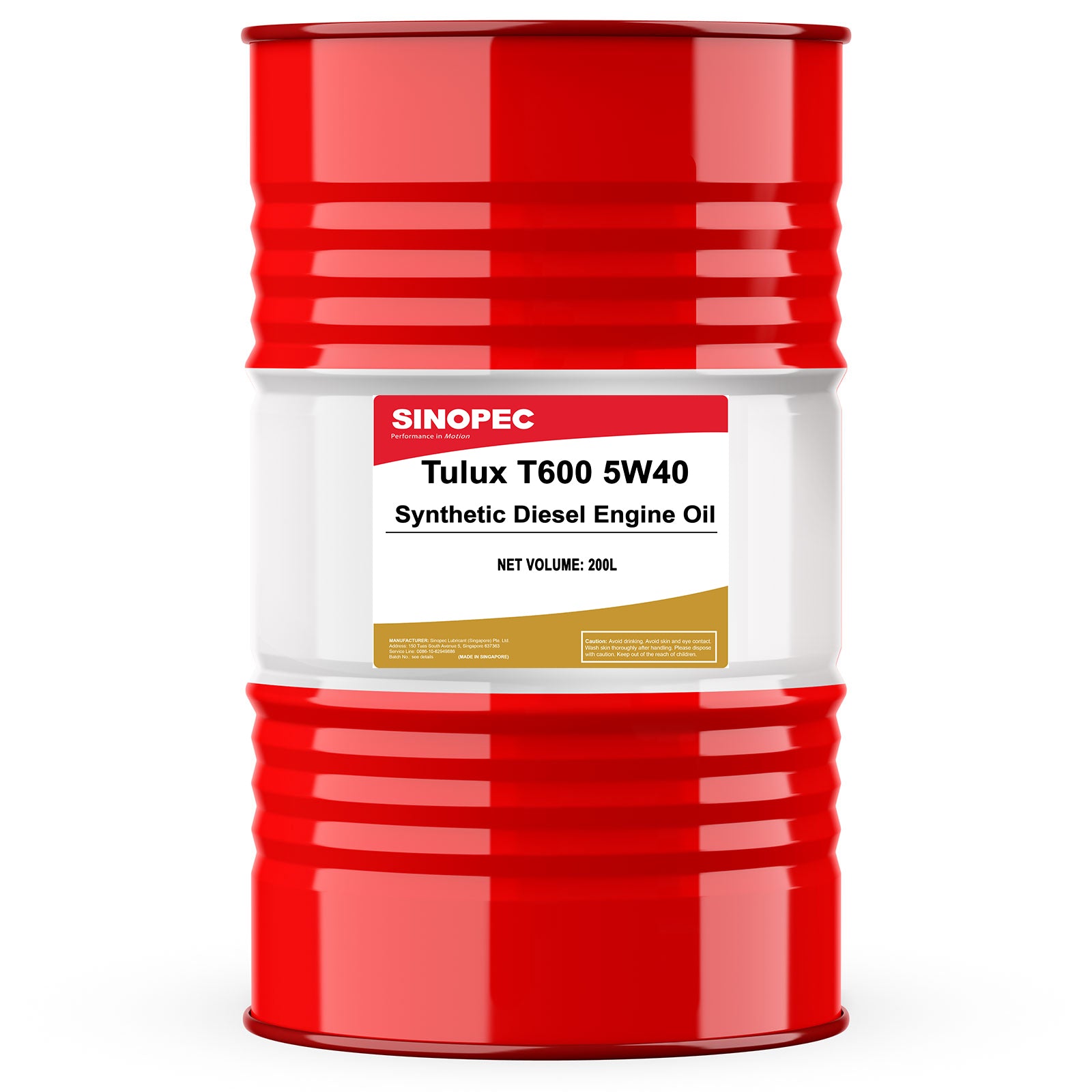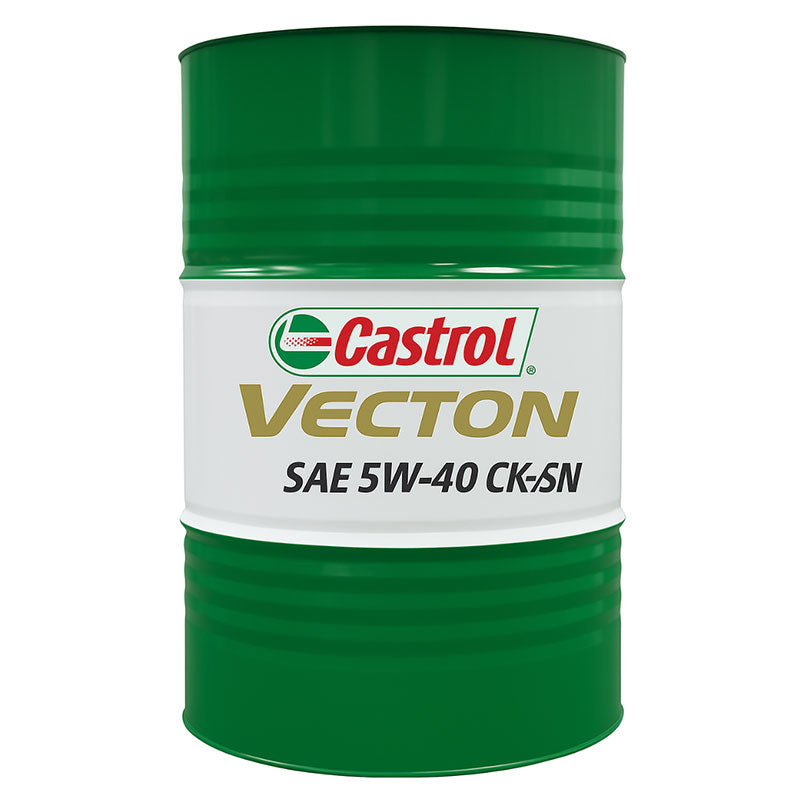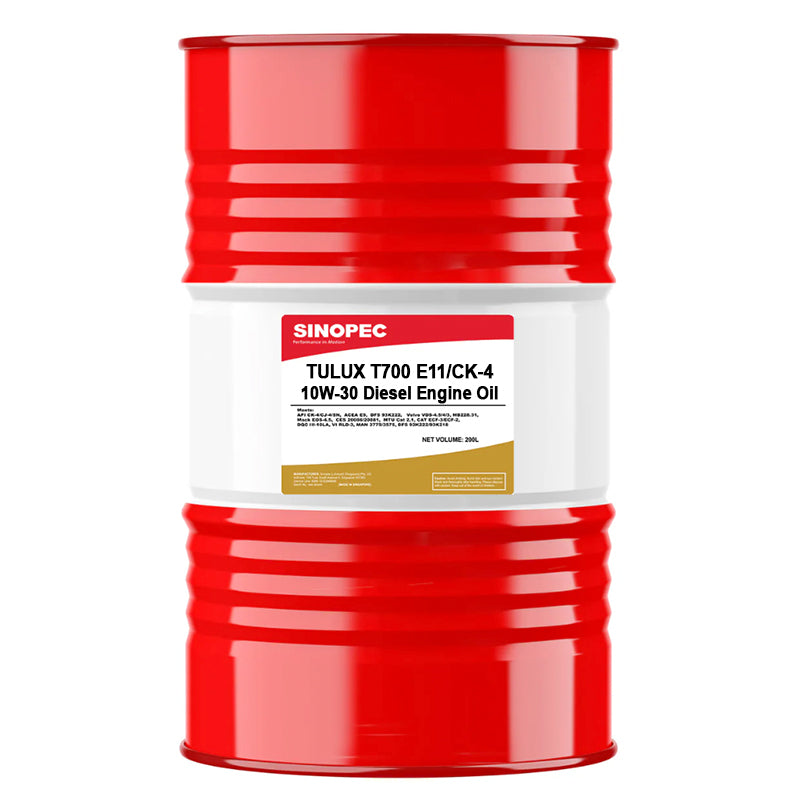Natural gas-powered generators are an efficient and eco-friendly solution for various industrial and commercial applications. To ensure long-lasting performance and avoid unexpected downtime, regular maintenance is key. In this article, we’ll discuss the essential steps to keep your natural gas-powered generator running smoothly and efficiently for years to come.
1. Regular Oil Changes Maintaining proper lubrication is crucial for the health of your engine. Over time, engine oil can degrade due to exposure to heat and contaminants like soot. Regular oil changes help to remove harmful debris and keep engine components well-lubricated. For natural gas-powered generators, oil with specific specifications, such as SAE 40, is recommended to ensure optimal performance.
Oil Change Tips:
- Follow the manufacturer's oil change intervals, typically every 200 to 300 hours of operation or at least once a year.
- Use high-quality oils that meet the engine manufacturer’s specifications. A premium stationary engine oil can help reduce wear and improve the engine’s overall efficiency.
- Always check the oil level and top it off when needed, as low oil levels can cause severe damage to the engine.
2. Keep the Air Filter Clean The air filter prevents dirt, dust, and debris from entering the engine, which can cause internal damage and reduce efficiency. Regularly inspect and clean the air filter to ensure that your generator is receiving clean air for combustion.
Air Filter Maintenance Tips:
- Check the air filter every 50–100 hours of operation.
- Replace the air filter if it appears clogged or damaged.
- Clean reusable filters according to the manufacturer’s instructions.
3. Monitor the Spark Plugs Spark plugs are essential for igniting the air-fuel mixture in your natural gas engine. Worn-out spark plugs can cause misfires, reduced power, and increased fuel consumption. Regularly inspect and replace spark plugs as necessary to ensure optimal combustion and engine performance.
Spark Plug Maintenance Tips:
- Check the spark plugs every 200–300 hours of operation.
- Replace spark plugs if they show signs of wear, corrosion, or fouling.
- Clean or replace spark plugs based on your manufacturer’s recommended interval.
4. Check the Coolant System Natural gas engines operate at high temperatures, making it essential to maintain a proper coolant level to prevent overheating. A well-maintained cooling system helps regulate engine temperature and prevents damage from excessive heat buildup.
Coolant Maintenance Tips:
- Regularly check the coolant level and top it off when necessary.
- Inspect hoses for cracks, leaks, or signs of wear.
- Replace the coolant according to the manufacturer’s recommended interval, typically every 2–3 years.
5. Inspect Fuel and Exhaust Systems: Proper fuel supply is critical for the efficient operation of natural gas-powered generators. Periodically check the fuel system for leaks or blockages, and ensure that the fuel is clean and free of contaminants. Also, monitor the exhaust system for any signs of corrosion or blockages that could affect engine performance.
Fuel and Exhaust Maintenance Tips:
- Ensure that the fuel supply is free from contaminants and stored correctly.
- Inspect fuel lines and connections for leaks.
- Check the exhaust system for clogs or signs of rust that may affect engine performance.
6. Perform Routine Visual Inspections Routine inspections are essential to catch any issues early before they lead to costly repairs or downtime. Look for visible signs of damage or wear, including leaks, cracks, or worn-out components.
Routine Inspection Tips:
- Check for oil and coolant leaks regularly.
- Inspect belts, hoses, and electrical connections.
- Ensure the generator is clean and free of debris that may affect airflow and cooling.
7. Monitor Generator Load and Performance Monitoring the load on your natural gas generator ensures it is operating within its optimal range. Running a generator under constant heavy load can lead to excessive wear, while running it under a very light load for long periods can cause fuel inefficiency and carbon buildup.
Performance Tips:
- Run the generator under load periodically to keep it operating efficiently.
- Avoid running the generator continuously at full load unless necessary.
- Perform load tests to verify that the generator is providing consistent power output.

Regular maintenance of your natural gas-powered generator is crucial for ensuring reliable performance and preventing costly repairs. By following these simple maintenance steps and using the right products, such as high-quality stationary engine oil, you can extend the life of your generator and optimize its efficiency.
For premium stationary engine oil that meets the specifications for natural gas engines, explore our product here. Keeping your generator well-maintained has never been easier.

